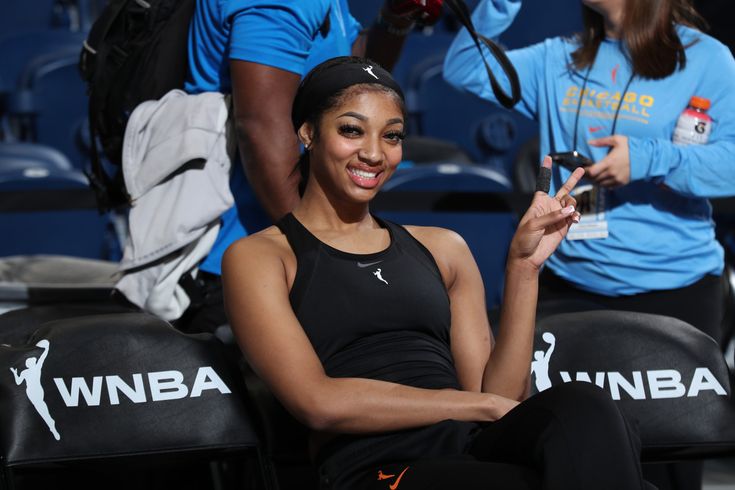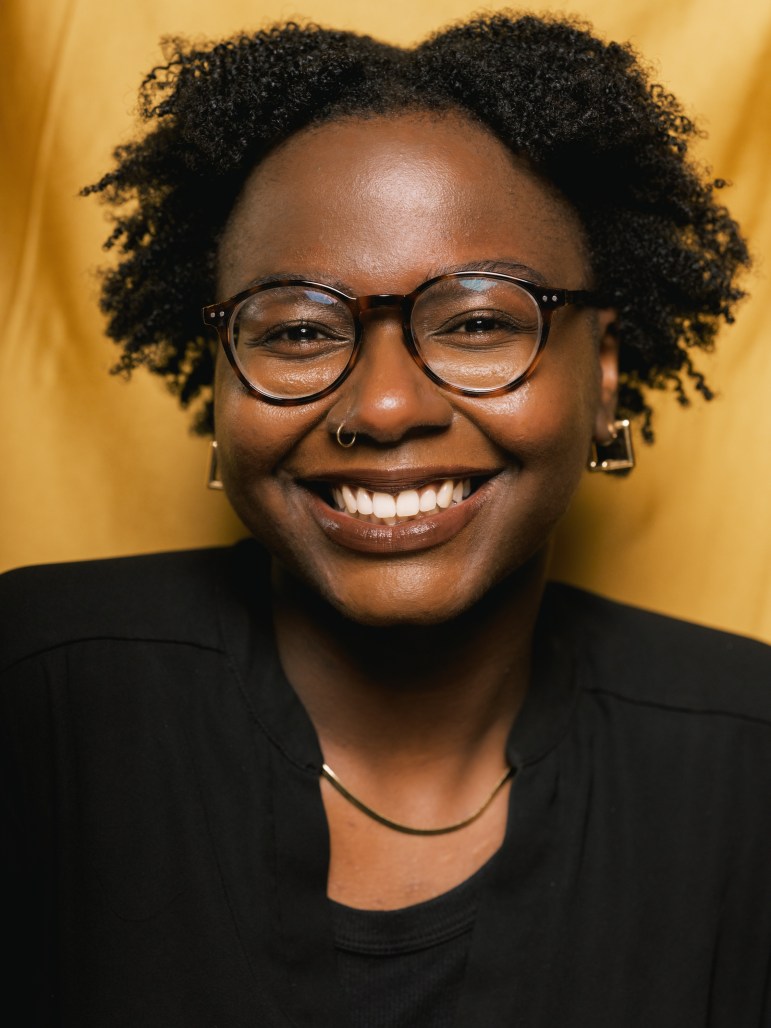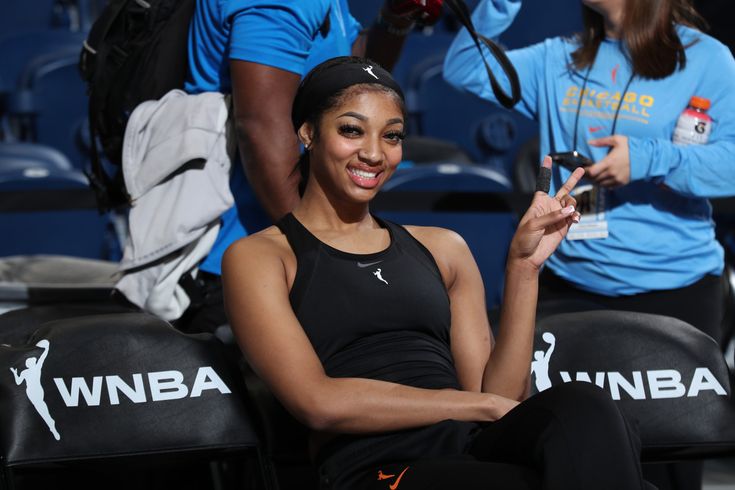 Chicago Sky forward Angel Reese Credit: X
Chicago Sky forward Angel Reese Credit: X
The WNBA ended its decades-long search after the 2024 Draft last year when at last they found their heterosexual great white hope (Caitlin Clark) with whom they could draw new fans. It also begot a convenient Black villain (Angel Reese) who helped conjure up a faux rivalry to keep fans coming — and hating.
This unleashed a divisive atmosphere on social media and at times at games, casting a good v. evil narrative. The vitriol, most of it under the guise of rooting for Clark, in essence turned nasty and racist whenever Reese and her fellow Black females were involved.
You either like Clark and hate Reese, or you like Reese and the other Black W’ers and hate the white player. It became the 21st century Pandora’s Box in America’s majority-Black women pro league.
This seemed encouraged and slow to address by league officials, especially Commissioner Cathy Engelbert. She was asked last fall on a cable news show, “How do you try and stay ahead…or act as a league when two of your most visible players are involved — not personally but their fanbases are involved — in saying some very uncharitable things about the other?”
Engelbert responded, “The one thing I know about sports, you need rivalry. That’s what makes people watch. They don’t want everybody being nice to one another.”
She was roundly criticized afterwards by both Black and white players for not speaking out more strongly against the racism and hate speech directed at players, and she stumbled in her apology trying to clean up her misstatements.
That might have been the linchpin for the players’ distrust of her, which came to a raging boil two weeks ago in the “Napheesa Collier v. the Commish she said, she said” kerfuffle that was the focus of last week’s Another View.
“Sport is a stage of real life. It is an additive of an existing system.”
Journalist Amber D. Dodd spoke to us after we’d read her no-holds-barred treatise on how Black females are treated in society on her “Extremely Unimpressed” column on Substack. Her focus was the historical hatred of Black women treatment — misogynoir, a term that Black feminist scholar Moya Bailey first introduced in 2008.
“In the first two seasons of Angel’s WNBA career, she has been a passenger on a train anyone would want to get off of: constant bullying, surveillance, the intentional misconstruing of her words and motives,” wrote Dodd on Reese.
The veteran journalist added, “I think that we’ve seen it for generations,” as she explained that in Clark’s case, Dodd calls it “digital misogynoir.”
“What I would like to leave people with is that the fact that sport is a stage of real life,” Dodd continued. “It is an additive of an existing system.
 Amber D. Dodd
Amber D. Dodd
“As a young Black woman, I understand my role in society is to be the brunt bearer. And that really does double down when you add racism to it as well, to that sexism, which makes us a very, very toxic blend of misogynoir. You see it ingrained and embedded into our systems of society.
“So, it does not surprise me that even today,” surmised Dodd, “whether you’re a basketball player, whether you’re a journalist as I am, whether you’re a nurse or a doctor, you will see Black women in these roles take on a lot more that is very reminiscent of how our roles are in society.
“So, I wanted the essay to really showcase that importance of understanding Black women,” she concluded, “the treatment of Black women on a larger scale, and then zeroing in through a lens of sports.”
Charles Hallman welcomes reader comments to challman@spokesman-recorder.com.
Your Might Also Like

